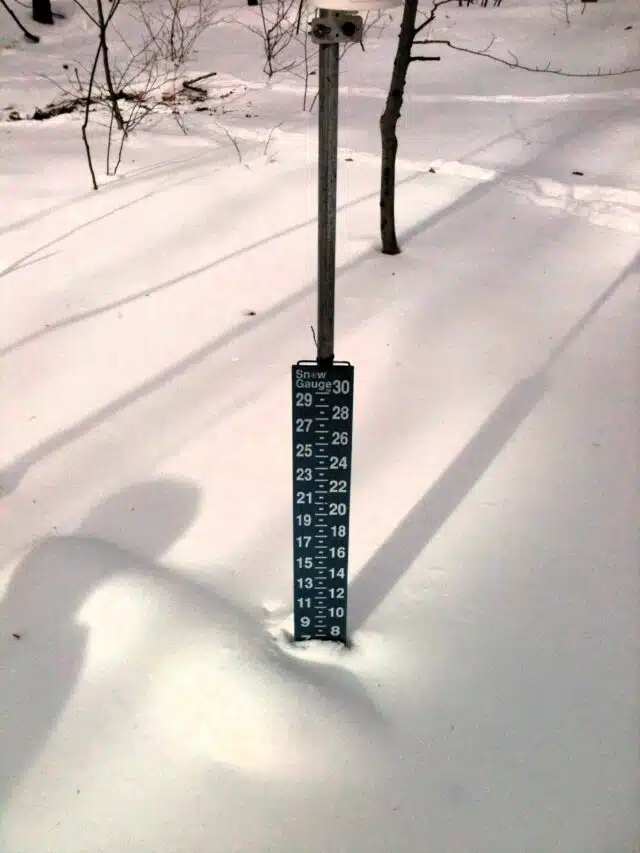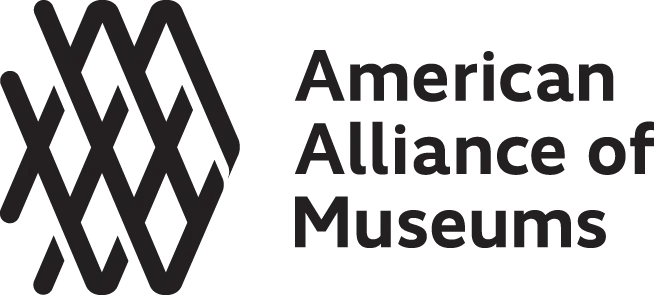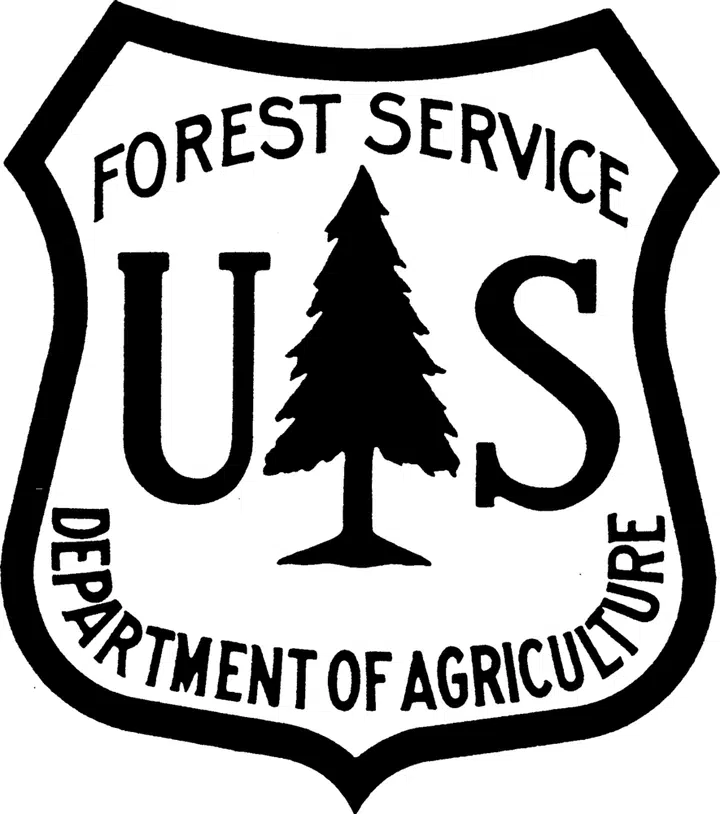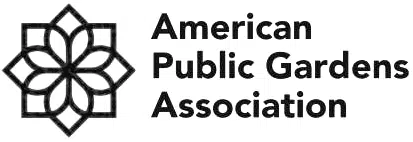
By Claudia Bashian-Victoroff
Mycology, or the study of fungi, is a small but growing field. For many of us career mycologists this has been a curious but fantastic trend to see. Not long ago I was shyly describing my job to inquisitive relatives and family friends, or trying desperately to convince people to care about the strange and often overlooked fungal kingdom. In the past few years that has all changed. Where my career aspirations were once met with questioning or even skeptical gazes, they are now met with book recommendations and follow-up questions! Where my hobbies of foraging, growing, and cooking mushrooms were once met with outright distress from my loved ones, they are now met with pleas of “take me with you!”. But what has changed and who do we have to credit?
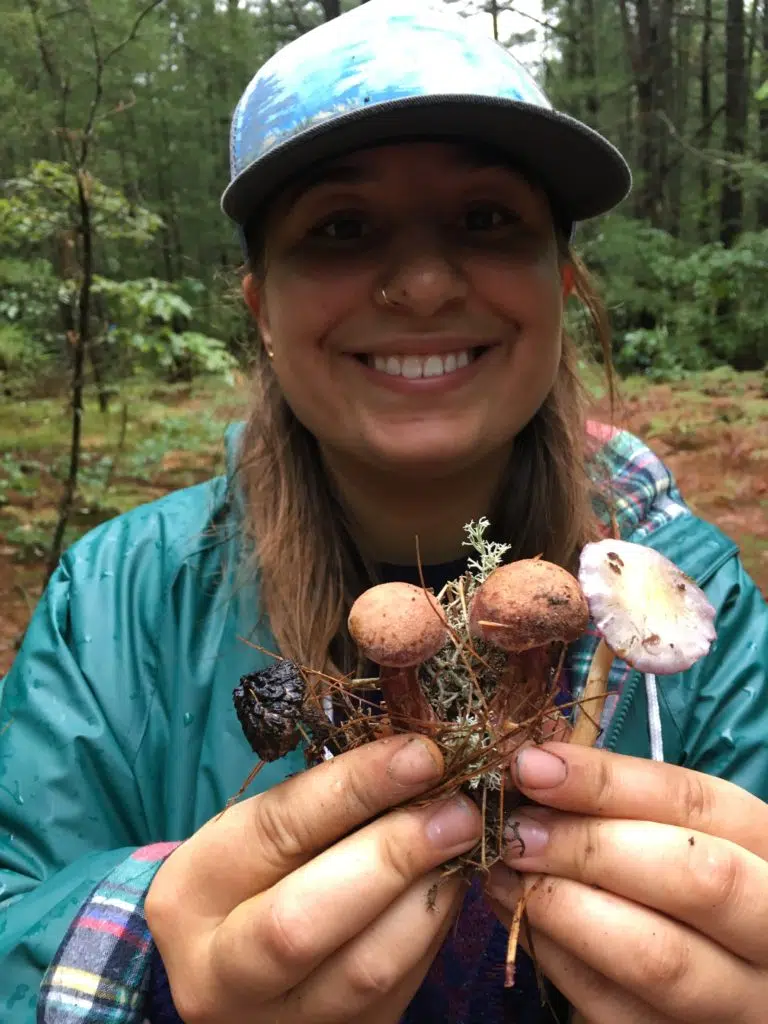
Much of the growth in the field of mycology has happened in the amateur mycology scene. Many of the most legendary names in mycology are amateur mycologists. At mycology conferences we even have awards for those from non-traditional academic backgrounds who have made an incredible impact in the world of mycology! For example, the Mycological Society of America awards the Gordon and Tina Wasson Award, which has been earned by such revered and beloved mycologists as David Aurora (2016), Gary Lincoff (2017), and Giuliana Furci (2022).
Many of the most knowledgeable mycologists have no traditional academic background in mycology or even career aspirations in the field, and yet academic mycologists often look to them for super precise knowledge of local fungi (sometimes down to the stump!), and broad (almost encyclopedic) knowledge of mushrooms and other fungi! Perhaps my favorite thing about the mycology world is that many amateur and academic mycologists interact with each other’s expertise with deep mutual respect! Often there is even a blurry line between who is a professional and who is an amateur mycologist. The best academics respect the local knowledge of amateur mycologists and mushroom clubs, and the best amateurs pay mind to changing scientific nomenclature as we learn more about fungi at the level of their DNA!
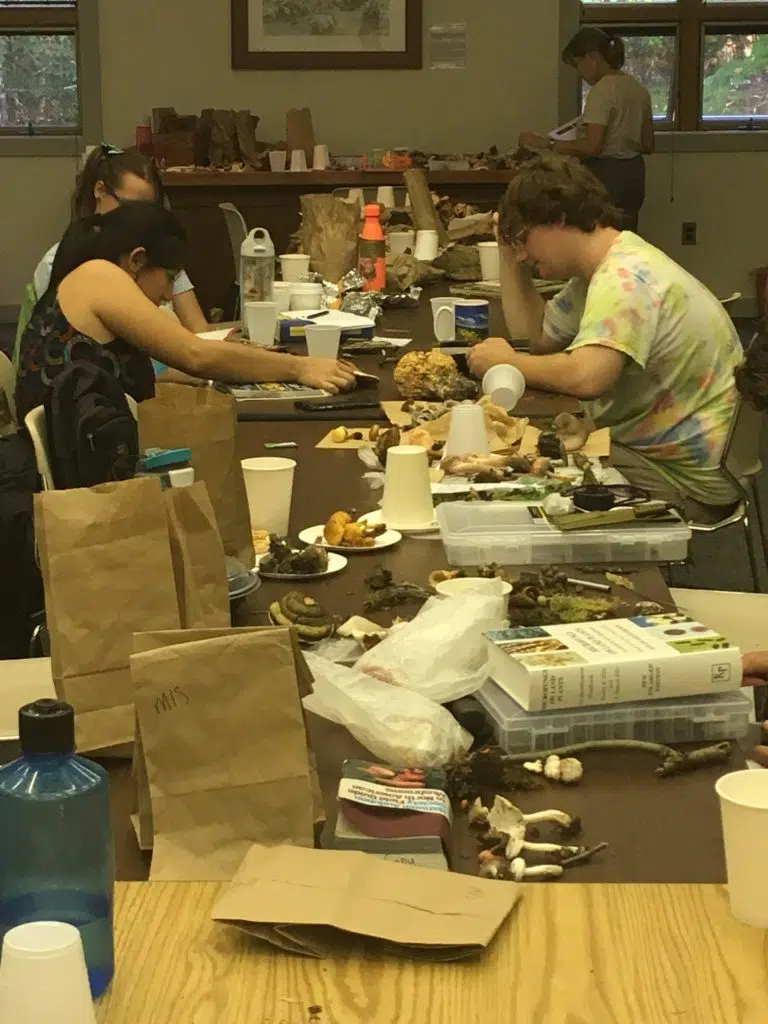
It’s worth defining the word “amateur”. Mariam-Webster offers three alternative definitions: First, “one who engages in a pursuit, study, science, or sport as a pastime rather than as a profession”, second, “one lacking in experience and competence in an art or science”, and third, but definitely my favorite, a “devotee or admirer”. The etymology of the word “amateur” comes from the French “ameour” , or “one who loves, lover” (etymology.com). This third definition has proved the most descriptive of amatuer mycologists, in my experience. Some of the most devoted and passionate mycologist I know found fungi as a love, rather than a career, and spend more time communing with fungi in their day to day lives than my colleagues in the world of academic mycology (who tend to be pulled away from the woods to teach classes, analyze data, or write papers).
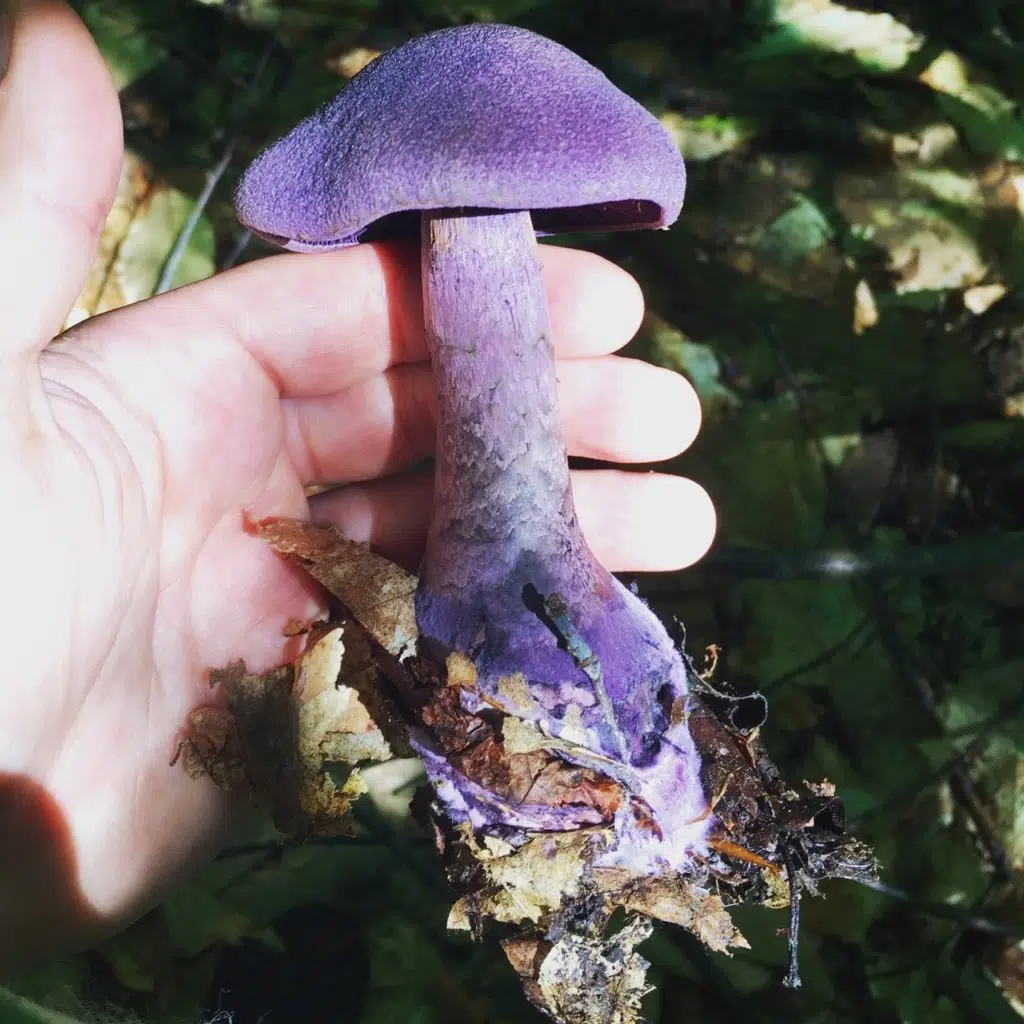
So, if you love mushrooms or want to learn more about fungi, my advice (as a career mycologist, a fellow lover of mushrooms, and a big time devotee to the fungal kingdom) is to keep asking questions, never to underestimate the power of curiosity, to respect established amateur mycologists, and most importantly, to join your local mushroom club!
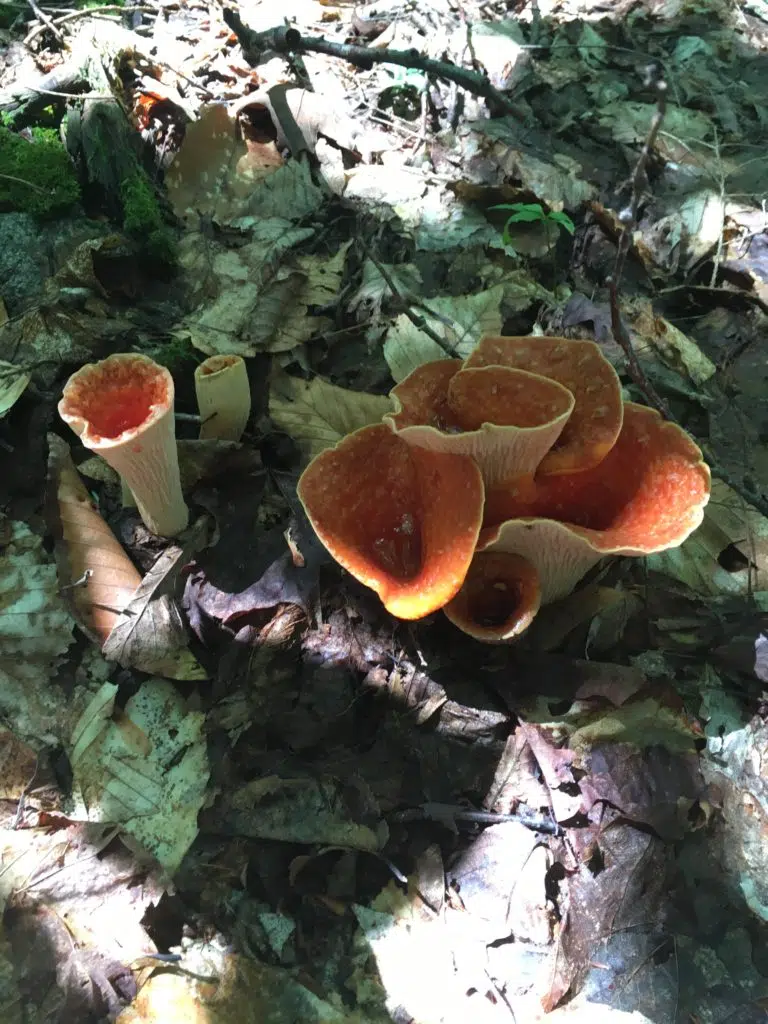
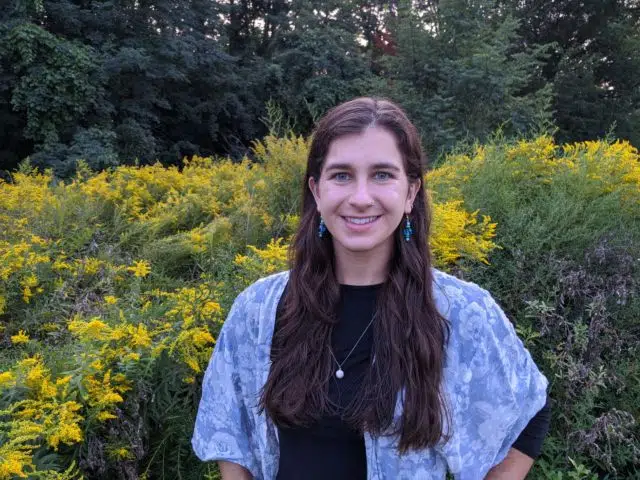
Claudia Bashian-Victoroff, MS
Research Specialist
I am a fungal ecologist focused on connections between soil fungi and tree health. My research couples field collections with modern molecular identification methods to investigate ectomycorrhizal species diversity and function. As a research specialist in Dr. David Burke’s lab at the Holden Arboretum, I support research on soil ecology and forest pathology. Currently, I focus on the role of soil fungi in urban canopy restoration in Cleveland, OH. Trees growing in urbanized environments are subject to pressures such as habitat fragmentation, exposure to heavy metals, and soil compaction. Mycorrhizal fungi can enhance plant growth, disease resistance, and drought tolerance; therefore, it is necessary that we establish a better understanding of how these fungi might improve outcomes of urban restoration efforts. Beyond this, I enjoy discussing the importance of fungal research and conservation with diverse audiences through teaching, writing, and mentorship.


